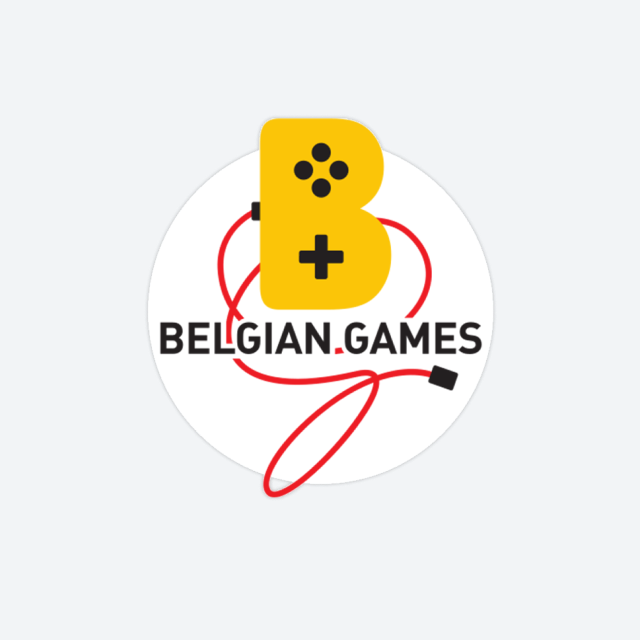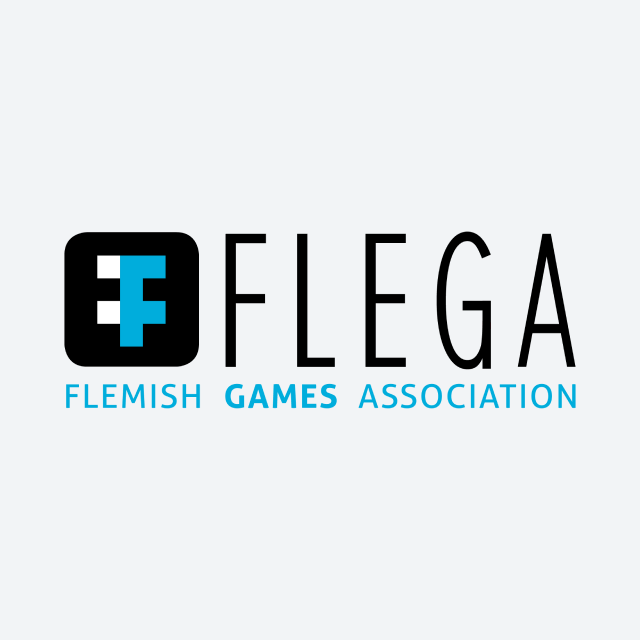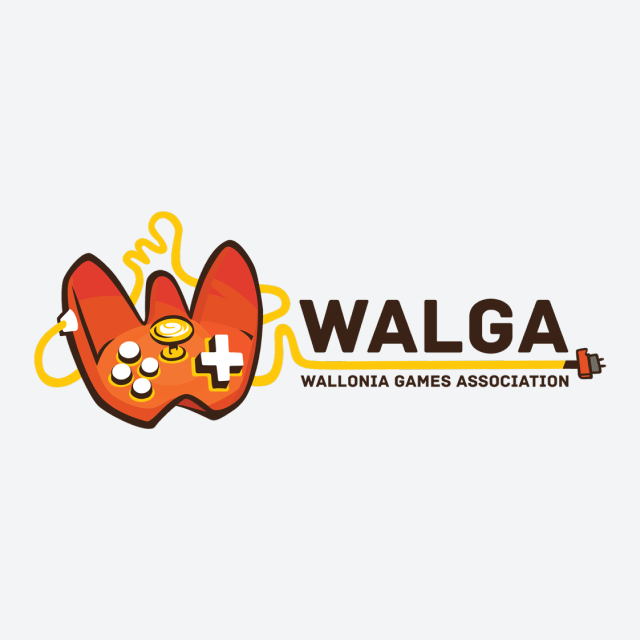Belgian games sector grows rapidly and steadily, valorizing its added value both economically and socially
Videogames have become an integral part of our lives. With an increase of 21% to 133 companies in 2022 the Belgian sector has never been bigger. And neither are its ambitions. The national sector employed 16% more FTEs (full-time
equivalents) in 2022 than in the previous year. Figures that show that a lot of new videogame releases are coming in the next few years. This week, the Belgian videogames sector is massively present at gamescom, the largest games fair in the world.
The Video Games Federation Belgium, or VGFB for short, part of BelgianGames, together with the regional sector federations, conducts an annual survey of Belgian game companies. In 2022, the games sector had no less than 133 companies; a sharp increase compared to 2021 (when there were 110 companies active). These companies accounted for a turnover of €85 million and employment of 1,085 employees.
Flanders pioneer, Brussels and Wallonia see number of companies grow further
Looking at the key figures for 2022 by region, we find that Flanders is strengthening its pioneering role. 67% of Belgian gaming companies are based in Flanders, 72% of FTEs work in Flemish companies and no less than 82% of national turnover comes from Flanders. Brussels continues to see its number of companies grow to 15 and turnover grow to €3 million. Wallonia also has more companies (from 22 in 2021 to 28 in 2022) and turnover stagnates at €12 million.
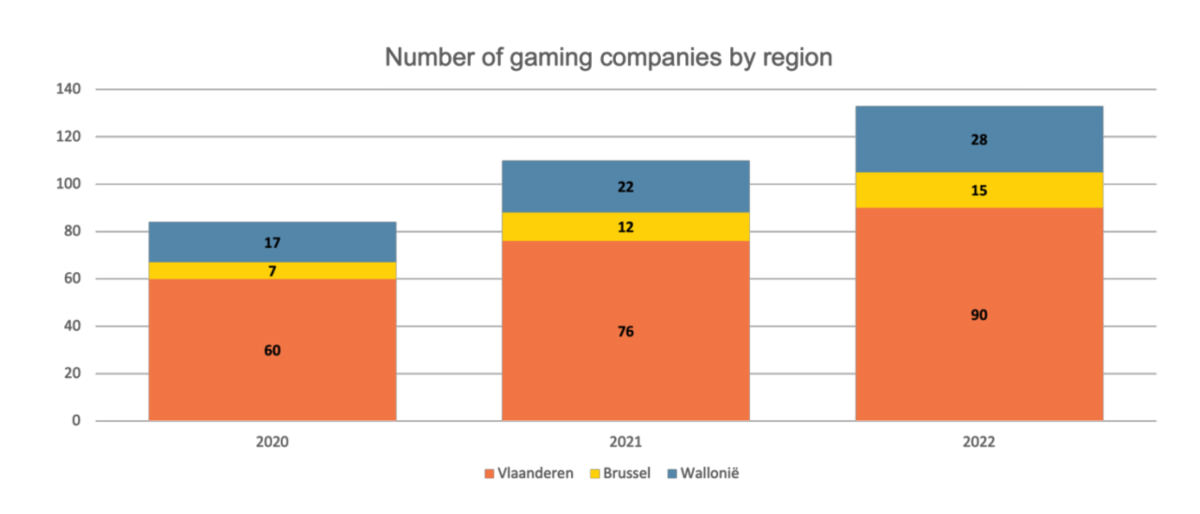
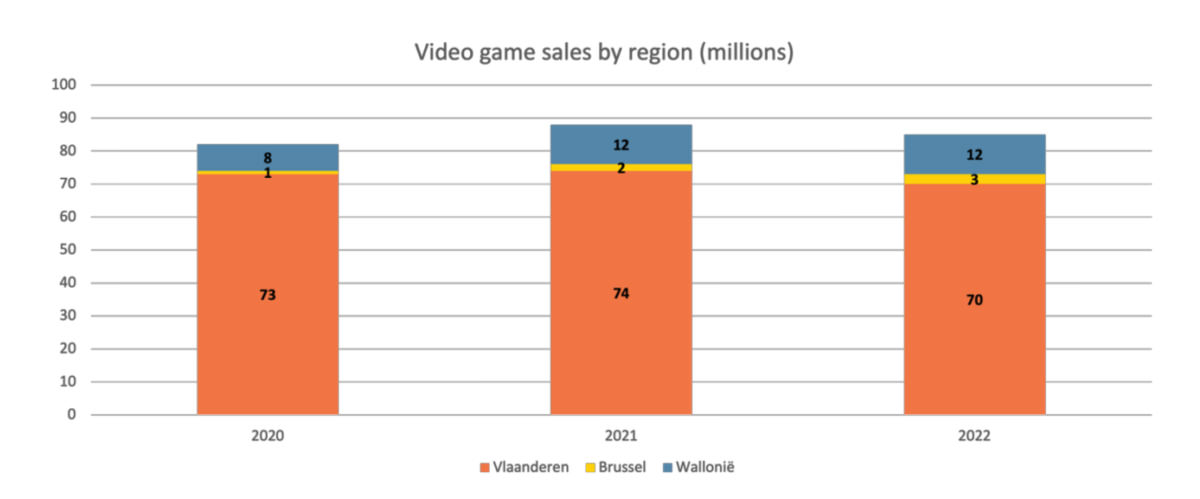
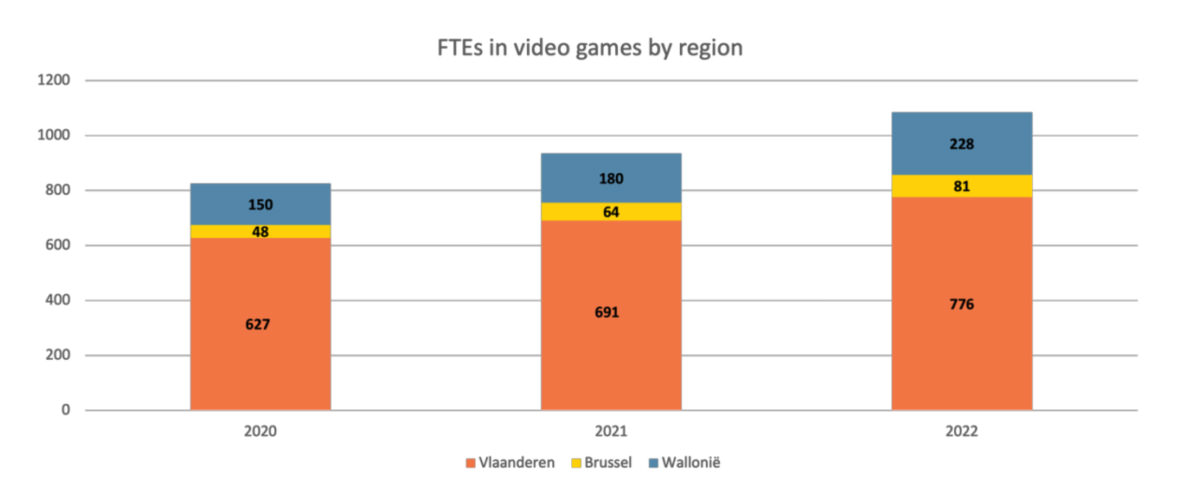
Belgian still plays less video games per week than average European
Besides evaluating the economic added value of the videogame sector, VGFB also pays much attention to safe and responsible gaming. An annual survey of parents/guardians (25-60 years old) with children aged between 4 and 17 living at home on the one hand gauges the video game experiences of children and on the other hand the way in which their parents deal with them. 42% of players report playing videogames between 3h and 6h per week. This figure is lower than the European average of 8.8 hours per week.
High confidence among parents and supervisors
The study confirms last year’s conclusions: parents generally have a fairly good understanding of their children’s videogame experiences. 82% of parents surveyed say they regularly seek information about the video games their children play. 61% of parents know about the PEGI classification (age and content icons) and the vast majority of respondents (86%) say they have enough control over their children’s game experiences and the money they spend while gaming (in-game spending or micro- transactions).
Consoles are by far the most popular medium for playing videogames (59%), narrowly followed by smartphone (50%). PC and laptops are regaining popularity (39% compared to 35% in 2021).
Games in society
VGFB regularly features stories on its consumer websites Speelhetslim and Jouezmalin about how videogames are used for purposes that go far beyond pure entertainment. For example, consumers read about videogames that highlight ecological challenges (French, Dutch) or video games to treat ADHD (French, Dutch). Diversity is also gaining importance in the sector: in this article (French, Dutch) we learn how major videogame developers are making their games as accessible as possible.
More information
Discover here the Key Facts for the Belgian video game sector of the year 2022 with more on VGFB’s consumer survey, as well as on inclusion and diversity and testimonials of videogames used in the classroom, on the environmental issue and public health. Learn more at Jouezmalin and Speelhetslim.
Contact
David Verbruggen, General Manager Video Games Federation Belgium and CEO of BelgianGames, +32 473 96 85 67




